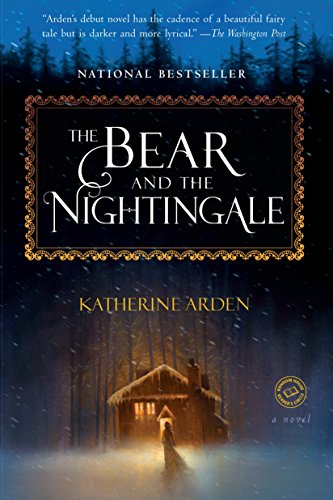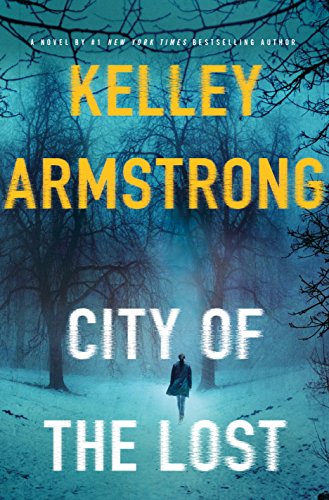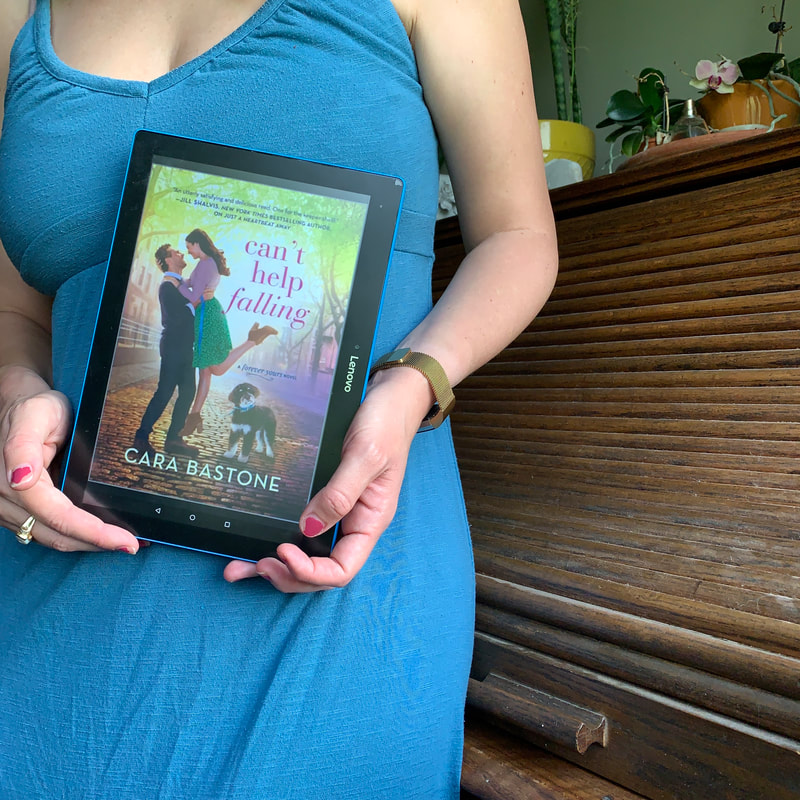 Reading Katherine Arden’s The Bear and the Nightingale—a sumptuous wonderland of magic, faith, and terror set in medieval Northern Russia—was an engrossing experience. Arden’s world is powerfully realized, and reading it was a bit like staring into a snow-globe, and then being able to step in and out at will. I first encountered this book several months ago. I really enjoyed reading it, but for some reason, I only made it 37% of the way through before abandoning it to other interests. But I knew that I wanted to come back, and this week I stepped away from my romance novel reading (the amount of recs I’ve gotten lately has been insane), and returned to the beginning of this jewel of a book. When the book opens, Marina tells her husband that she’s pregnant, and though her husband is worried, she wants to have the baby because she knows that this baby will be just like her mother, who possessed magical abilities. As Marina tells her husband, “power is a birthright to the women of her bloodlines. Olga is your daughter more than mine, but this one…this one will be different.” Marina dies in childbirth, and as she expected, her daughter Vasya can see things, talk to things, and do things, that others cannot. While Vasya’s family members and fellow villagers have faith in the chyerti, supernatural beings that protect their homes and families, they can’t see them or talk to them, as Vasya does. She protects both the chyerti and her fellow humans, often sacrificing her own comfort so that the old ways can continue. And as she learns as the book progresses, it’s desperately important that the chyerti stay strong, because something evil is awakening. Pitched against this supernatural battle is the very real human drama of religion. Vasya knows that abandoning the chyerti will lead to the villagers’ doom, and yet her step-mother, who can see the same things that Vasya can, but who is terrified by them and finds comfort in her maniacal faith, and a new Priest, who feels elevated by the villagers’ love and fear, tell the villagers otherwise. As conditions in the village worsen and it becomes increasingly apparent that Vasya is different than they are, the villagers start to see Vasya as a threat. When the major conflict comes, it's all on the table: the old faith and the new, the supernatural and the human, the dogmatic and the tolerant, and it’s moving and terrifying. This is a rich, decadent, dark chocolate cake of a book, and Vasya is the heroine that we’ve been looking for.
0 Comments
 If you’ve read this blog since its auspicious beginning, then you know that I really like Sarah MacLean’s historical romances. Her characters are unconventional—not only within the 19th century British world they inhabit, but within the romance genre. The Day of the Duchess might just be MacLean’s most unconventional yet. This is the story of Seraphina (Sera, for short) and her husband Malcolm, two people who were once connected by love—or something close to it—and now, by the wreckage of their relationship. The book begins with Sera returning to London after three years away to petition Parliament for a divorce from her husband, the Duke. She wants to own a tavern free and clear, and she also wants to be free of Malcolm, and vice versa. Malcolm is less amenable to her divorce plans, and he devises his own plan to keep her: he’ll require that she find him a new wife and then she can get her divorce. Sera acquiesces, because she is one formidable woman and she knows what she has to do to get what she wants. From the beginning of the book, we’re thrust into a heated battle between two adversaries who are wracked with strong feeling for the other. Sera is reminded of the child they lost and the way Malcolm turned her away after he learned that she trapped him into marriage—not to mention the fact that he was caught cheating on her at a garden party. And Malcolm is torn with regret and shame and would do anything to win Sera back, despite her protestations that there is nothing there worth saving. In short, The Day of the Duchess is not light-hearted romantic fare. This is a book where the characters’ emotions and feelings are on the line, and the reader wonders if it’s possible to redeem their relationship and Malcolm, the adulterous-husband-as-a-love-interest. As we know, cheating spouses aren’t sexy, so MacLean really took on a task for herself with this book. If I’m being honest, I would say that I prefer my romance novels to be a bit lighter. Conflict and drama are integral parts to the romance novel, but this one was slightly too weighty to win my unqualified love. Still, there’s no denying that the book is skillfully written and MacLean deserves major kudos for tackling some very unromantic topics in her romance novel. The Day of the Duchess is an impressive, sensual addition to her catalogue and further proof that she is a really great writer.  So I'm posting this a little later than I expected. But, you know. Life got in the way. I have no memory whatsoever of requesting this book from my library, but I’m so glad that I did. If you’re looking for a mystery with complicated characters doing what they can to live with their pasts and survive in their present, then this book is calling your name. Do you hear it? Police Detective Casey Duncan reveals to a therapist at the beginning of City of the Lost that she killed her former boyfriend. She shot him after he left her to be mercilessly beaten by men who were angry that he was selling drugs on their turf—and she was never charged with the crime. This is a long-standing pattern of behavior for her, of revealing what she did to therapists and waiting for the consequences to catch up to her. In her case, those consequences could come through the law, or through her former boyfriend’s family, who are members of an organized crime syndicate. So when Casey’s present-day lover is shot when he tries to protect her, she’s very upset, but not entirely surprised that her former boyfriend’s family has finally figured his death out and come for revenge. Concurrently, Casey’s best friend Diana’s abusive husband attacks her again, and Diana begs Casey to move with her to a city she’s heard about, where it’s possible to entirely disappear. Wanting to protect the man who was shot trying to save her and her best friend, Casey reluctantly agrees to move to this community in the wilds of Canada. Still with me? This community of roughly 200 people is completely off the grid, completely hidden from outsiders. But they do have some pluses, including an attractive—and extremely complicated (read the second line of the post)—sheriff, Eric Dalton, who isn’t happy about Casey’s presence and who gives her 6-months before he sends her back home. There’s also the small matter of a proportionately high number of people being killed in this community, for no clear reason that Eric or others can determine. Can Casey crack the case? Is it possible for her to change Eric’s mind, and does she want to? And more important for her own development, can she come to terms with what she’s done? As with the finest of mystery novels, the mystery here is secondary to Armstrong’s skilled characterization of people who have made tremendous mistakes but who have much to offer each other and themselves. And if you enjoy this one as much as I did, check out the sequel: A Darkness Absolute. It’s on my To Read list.
|
About me.Give me that HEA, please.
Join my mailing list.Want to receive a weekly email with links to my latest blog posts? Sign up below!
Archives
April 2024
Categories
All
|






 RSS Feed
RSS Feed
